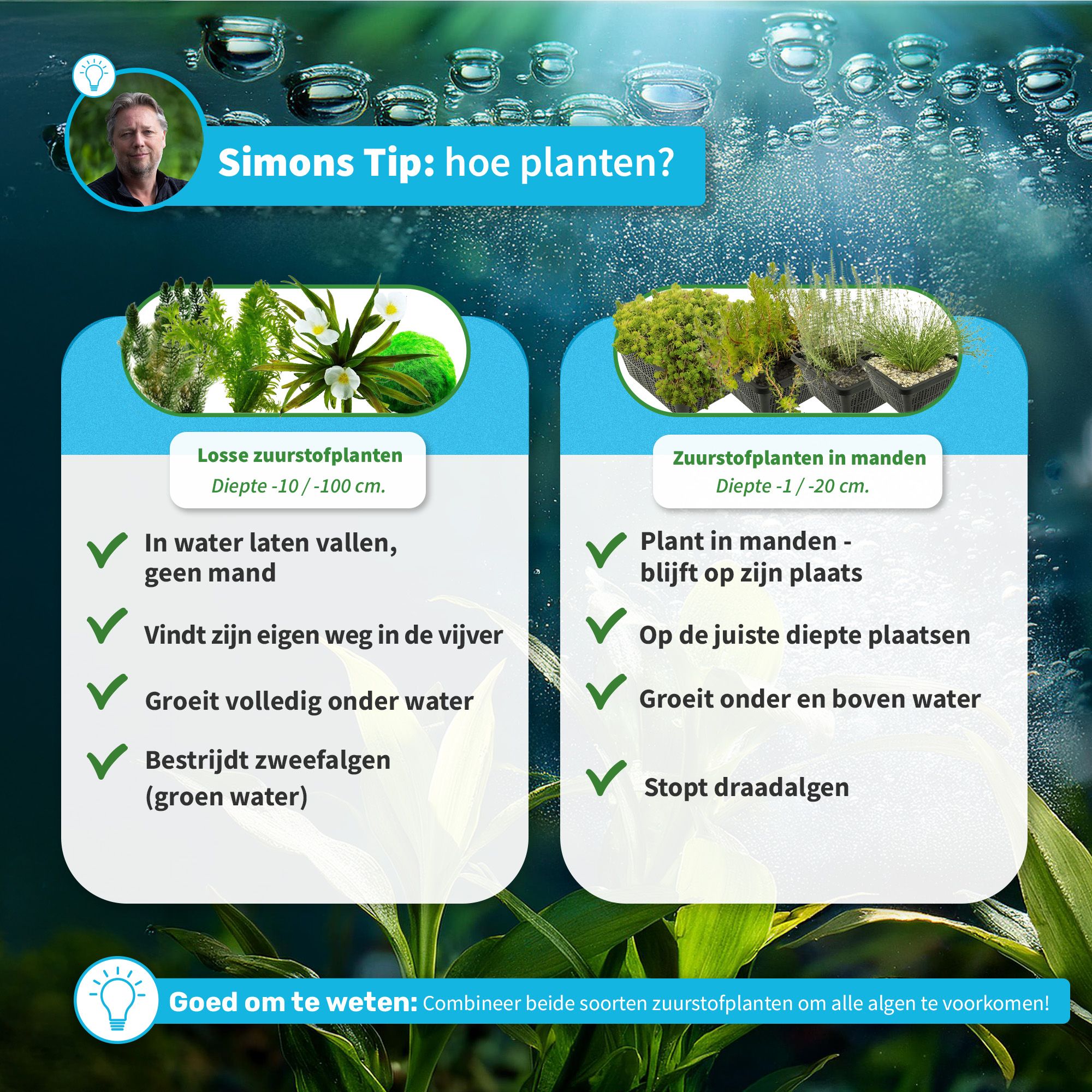Three Key Characteristics That Define Good Mental and Emotional Health
Introduction: Why Mental and Emotional Health Matters
Mental and emotional health are foundational to a fulfilling life, influencing how we handle stress, build relationships, and pursue our goals. Understanding the core qualities behind good mental and emotional health is the first step toward achieving lasting well-being. While many characteristics contribute to psychological wellness, experts consistently highlight three that stand out: resilience , positive self-esteem , and effective communication skills [1] . This article explores each trait in depth, provides actionable strategies to strengthen them, and offers guidance for anyone seeking to enhance their emotional balance.

Source: amazon.com
Resilience: Bouncing Back from Life’s Challenges
Resilience is the ability to adapt and recover from setbacks, adversity, or stress. People with good mental health handle disappointments and unexpected changes with flexibility, viewing challenges as opportunities for growth rather than insurmountable obstacles [1] . Resilient individuals maintain a balanced outlook, neither overreacting to difficulties nor minimizing their impact.
Example: Imagine someone loses their job unexpectedly. Rather than feeling defeated, a resilient person processes their emotions, seeks support from friends, and begins exploring new career possibilities. They may take time to reflect on what they learned from the experience, ultimately emerging stronger.
How to Build Resilience:
- Practice problem-solving: Break challenges into manageable steps and brainstorm solutions.
- Develop a support network: Stay connected with people who offer encouragement and perspective.
- Focus on self-care: Prioritize sleep, nutrition, and exercise to bolster your mental reserves.
- Reframe setbacks: View failures as learning experiences and opportunities for growth.
It’s normal to feel overwhelmed at times, but resilience can be nurtured with practice. If you struggle to bounce back from adversity, consider reaching out to a mental health professional or support group. Many organizations and clinics offer resilience training and counseling to help you develop this skill [1] .
Positive Self-Esteem: Recognizing Your Worth
Positive self-esteem means having a healthy sense of self-worth. People with strong self-esteem value themselves, acknowledge their strengths and weaknesses, and treat themselves with compassion. They’re less likely to be derailed by criticism or setbacks, maintaining a realistic and positive self-image [3] .
Example: Someone with healthy self-esteem receives critical feedback at work. They listen openly, reflect on the comments, and use them to improve-without feeling personally attacked or losing confidence in their abilities.
How to Develop Positive Self-Esteem:
- Practice self-acceptance: Recognize both your strengths and areas for growth without harsh self-judgment.
- Set realistic goals: Break larger aspirations into achievable milestones to build confidence as you progress.
- Celebrate achievements: Acknowledge your successes, no matter how small, and give yourself credit for effort.
- Challenge negative self-talk: Replace self-criticism with constructive, encouraging inner dialogue.
Building self-esteem is a gradual process. If you find persistent feelings of low self-worth, consider seeking guidance from a counselor or therapist. Many local clinics, community health centers, and reputable online platforms provide support for self-esteem issues. Look for providers who specialize in cognitive-behavioral approaches, which are proven to help reframe negative thinking patterns [3] .

Source: vakilsearch.com
Effective Communication Skills: Connecting with Others
Effective communication is the ability to express your thoughts, feelings, and needs clearly while also listening and responding to others with empathy. People with good mental and emotional health use communication to build strong relationships, resolve conflicts, and seek support when needed [1] .
Example: During a disagreement with a friend, an effective communicator calmly shares their perspective, listens to the other person’s point of view, and works collaboratively toward a solution that respects both parties’ feelings.
How to Improve Communication Skills:
- Practice active listening: Give your full attention, ask clarifying questions, and avoid interrupting.
- Use “I” statements: Express your thoughts and feelings from your own perspective, such as “I feel” or “I need,” rather than blaming others.
- Be aware of non-verbal cues: Pay attention to body language, tone, and facial expressions.
- Ask for feedback: Seek input from others to improve your approach and strengthen relationships.
Improving communication is an ongoing journey. Workshops, support groups, and counseling services can help you build these skills. Many community centers and mental health clinics offer training in assertiveness, conflict resolution, and empathy. Consider searching for “communication skills workshops” or “assertiveness training” along with your city or state to find local options.
Overcoming Challenges and Seeking Support
Developing resilience, self-esteem, and communication skills takes time, and setbacks are normal. If you encounter obstacles or feel stuck, know that professional help is available. You can:
- Contact your primary care provider for a referral to a mental health professional.
- Search your state or local health department website for mental health resources and support services.
- Explore community-based organizations that offer group workshops, peer support, and educational programs.
- Call national helplines for confidential guidance and referrals. The National Alliance on Mental Illness (NAMI) provides a helpline at 1-800-950-NAMI for information on support networks and mental health education.
When seeking help, always use official, established sources. Avoid clicking on unverified links. For the most accurate information, visit the official websites of organizations like the National Institute of Mental Health (NIMH) or MentalHealth.gov.
Alternative Approaches and Additional Resources
While resilience, self-esteem, and communication are core characteristics, good mental and emotional health also involves other qualities such as emotional regulation, adaptability, empathy, and maintaining healthy relationships [5] . If you’re interested in exploring further, consider:
- Mindfulness and meditation: These practices can enhance self-awareness and emotional regulation. Search for “mindfulness classes” or “meditation groups” in your area.
- Building social support: Engage in community events, volunteering, or hobby groups to foster connections and boost well-being.
- Self-help books and courses: Many libraries and educational websites offer evidence-based resources for personal development.
Remember, improving your mental and emotional health is a lifelong journey. By focusing on resilience, self-esteem, and communication, you lay the foundation for a more balanced, joyful, and resilient life.
References
- [1] Indiana Center for Recovery (2025). Three Characteristics Demonstrated By A Person With Good Mental Or Emotional Health.
- [3] American Behavioral Clinics (2024). 10 Great Indicators of Mental Well Balance.
- [5] Vitality Direct Primary Care (2025). 5 Characteristics of Mental and Emotional Health | Key Signs.
MORE FROM hotondeals.com













